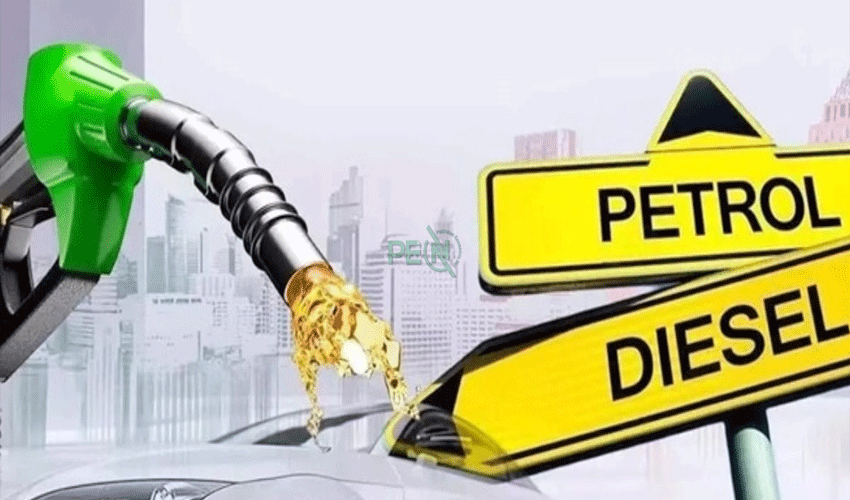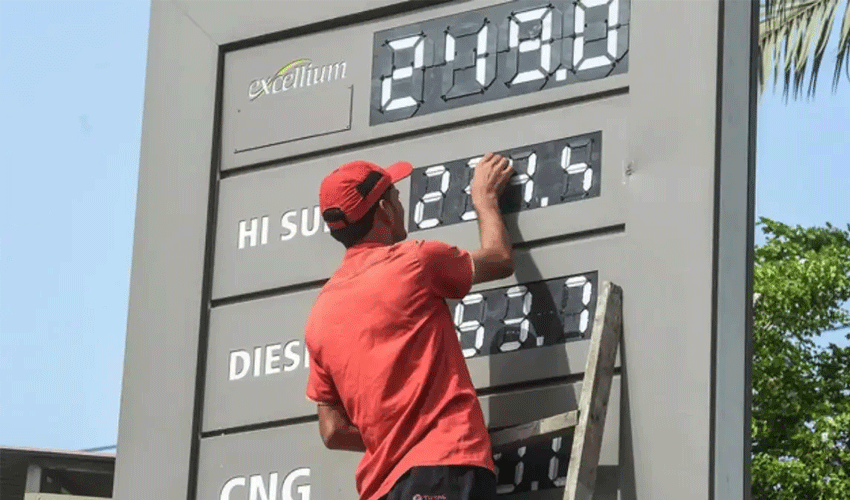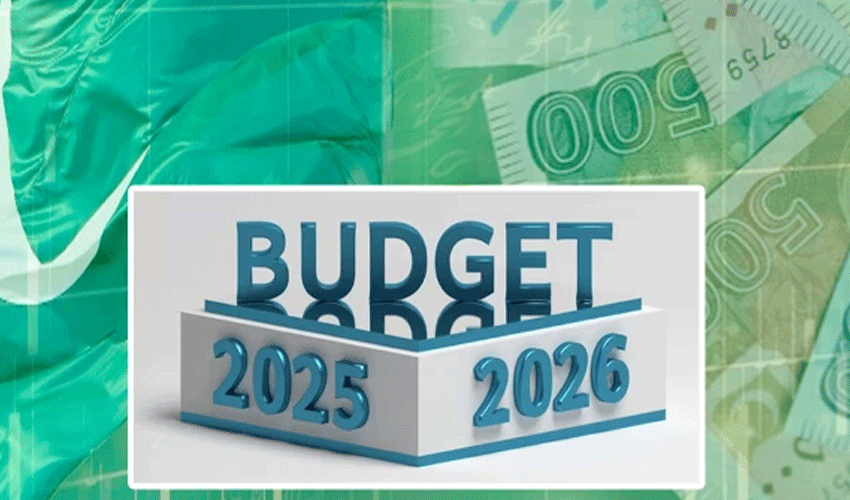Consumers across the country may witness a notable reduction in fuel prices as the Prime Minister Shehbaz Sharif-led federal government is expected to slash petrol prices by up to Rs12 per litre from April 16.
Petrol and diesel prices in Pakistan
Currently, petrol is being sold at Rs254.63 per litre, while the price of high-speed diesel (HSD) stands at Rs258.64 per litre.
The expected reduction would bring petrol down to around Rs242-243 per litre, and diesel to approximately Rs248-250 per litre.
Global fuel prices
The anticipated price cut comes amid a significant drop in international crude oil prices. Brent crude has plunged to $60.12 per barrel, down from $74.95 earlier this month—an over $14 per barrel decline in a matter of weeks. Analysts attribute this downward shift to reduced global demand, economic slowdowns in key markets, and a broader negative sentiment in the commodities sector.
Officials suggest that the new rates, if approved, will come into effect at midnight on April 16 after final approval from the Ministry of Finance and Prime Minister’s Office.
In recent months, domestic fuel prices have remained elevated due to volatility in global markets and the depreciation of the Pakistani rupee. The latest projected cut is expected to offer relief to inflation-hit consumers, with transport and goods sectors likely to benefit as well.
A senior official from the Oil and Gas Regulatory Authority (Ogra), speaking on condition of anonymity, said that the price recommendations were being finalised and would be submitted to the finance ministry in the coming days.
"This is a positive development for the general public. The downward trend in international prices has created space for a reduction, and we are likely to pass on the benefit to consumers," the official added.
Fuel price adjustments in Pakistan are reviewed fortnightly, based on recommendations from Ogra, which takes into account international oil trends, currency exchange fluctuations, and import parity pricing.
The final decision on the revised petroleum prices rests with the government, which may also factor in revenue considerations and IMF commitments regarding petroleum levy targets.



























